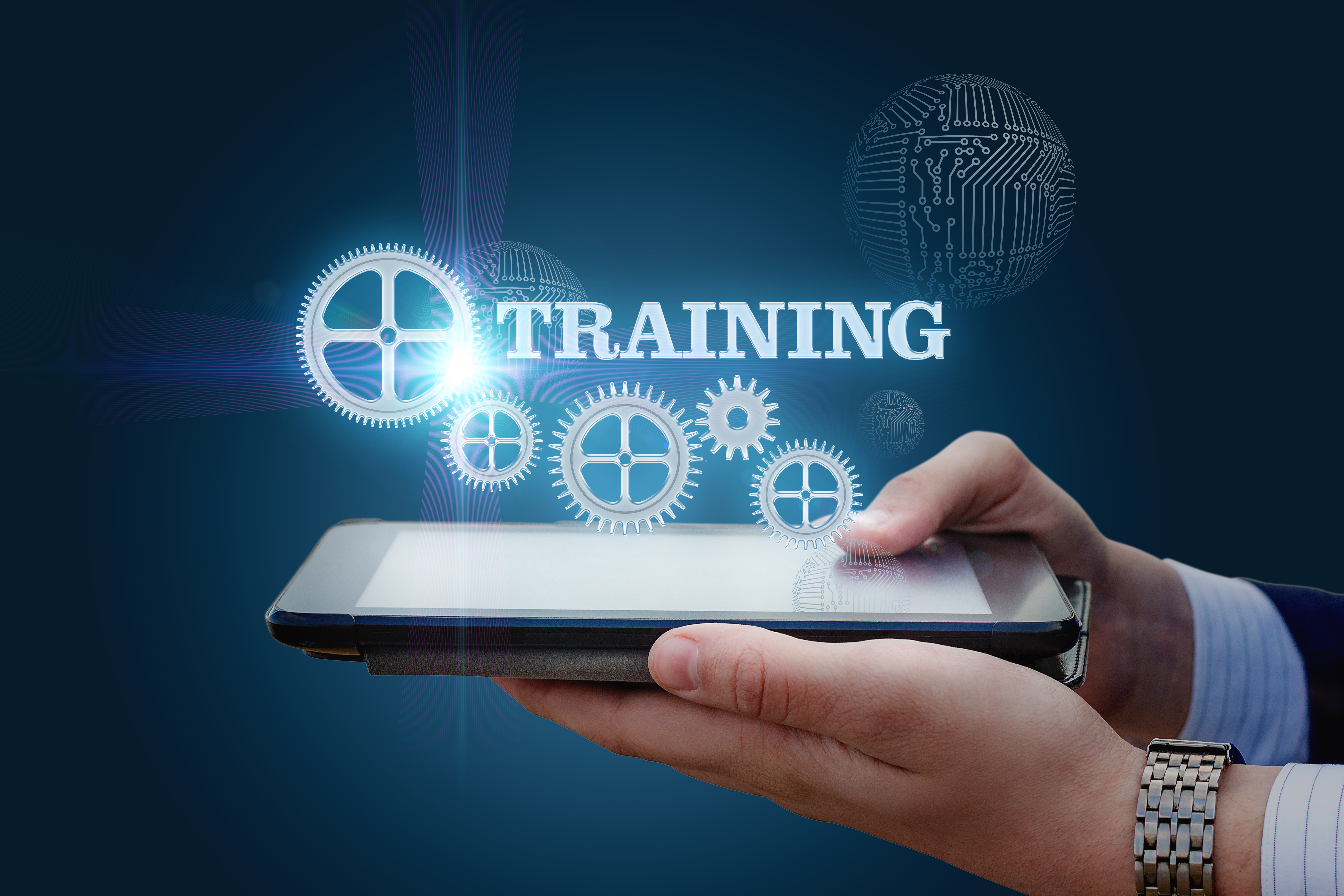Course Features
- Lessons 16
- Quizzes 1
- Assignments 0
- Discussions 0
- Duration Unlimited
- Students 87
- Certificates Yes
- Badges No
Sports Nutrition Part 2
Length of Course: 7 hours 36 minutes
This course reviews fluid and electrolyte replenishment as well as other factors affecting thermoregulation and prevention of heat illness, hyperthermia and hyponatremia. It also explains oxidative stress and immune challenges associated with exercise and regular training and how to minimize the negative effects of both. The course also provides a detailed, evidence-based review of ergogenic aids (supplements) that are commonly used by various athletes to influence lean mass gains, explosive strength, endurance performance, and speed endurance (the ability to maintain maximum speed for optimal periods and/or perform repeated bouts of explosive activity as required for hockey, soccer, lacrosse, basketball, squash, tennis etc.. The course also highlights other ergogenic nutrition and supplementation practices that are safe and do not violate the regulations of the International Olympic Committee and other Sports Governing Bodies.
Topics Covered in Sports Nutrition Part 2
- Thermoregulation
- Wet-bulb Globe Temperature and Assessing Heat Injury Risk by Ambient Temperature
- Fluid Requirements (and CHO during exercise)
- Hyponatremia (and sodium requirement)
- Affect of Clothing and Climate on Thermoregulation
- Heat Illness: Signs, Symptoms and Treatment
- Minerals Lost in Sweat
- Oxidative Stress and Antioxidants
- Exercise and Immunity
Ergogenic Aids in Sports Performance:
- Creatine
- Sodium Bicarbonate
- Growth Hormone Secretagogues
- Beetroot Juice (nitrates)
- HMB
- Caffeine and Ephedra
- Coenzyme Q10
- Chromium
- HCA
- Catechins
- Coleus Forskolin
- L-Carnitine
- Ginseng
- B-Vitamins
- Iron
- Magnesium
- Vitamin D
- DHA (docosahexaenoic acid)
- MCT oil
- Pyruvate
- Glycerol
- Glucosamine
- MSM
- Anti-inflammatory Herbs and Natural Agents
- Androstenedione and DHEA
- Alcohol
Learning Objectives For Sports Nutrition Part 1 and Sports Nutrition Part 2
- The student will develop an in-depth understanding of exercise physiology and the contribution of key macronutrients in the energy production used in both aerobic and anaerobic systems.
- The student will develop have an in-depth understanding of the human clinical studies showing the ergogenic effects (athletic performance effects) of specific dietary strategies, supplements, water, and electrolyte replenishment.
- The student will have the skills to provide patients with personalized dietary and supplementation strategies to enhance their athletic performance, lean mass gains and other athletic parameters, and slow and reverse key aspects of the aging process related to loss of lean mass, sarcopenia, bone loss and cardiorespiratory and immune system decline.
-
Sport Nutrition Part 2 / Course Notes and Required Reading
-
lessonSports Nutrition Part 2: Course Notes (Lesson Slides)
-
Sports Nutrition Part 2 / Lessons
-
lessonSport Nutrition Part 2 / Slides 1-17
-
lessonSport Nutrition Part 2 / Slides 18-37
-
lessonSport Nutrition Part 2 / Slides 38-49
-
lessonSport Nutrition Part 2 / Slides 50-62
-
lessonSport Nutrition Part 2 / Slides 63-83
-
lessonSport Nutrition Part 2 / Slides 84-108
-
lessonSport Nutrition Part 2 / Slides 108-134
-
lessonSport Nutrition Part 2 / Slides 135-162
-
lessonSport Nutrition Part 2 / Slides 163-182
-
lessonSport Nutrition Part 2 / Slides 183-201
-
lessonSport Nutrition Part 2 / Slides 202-233
-
lessonSport Nutrition Part 2 / Slides 234-258
-
lessonSport Nutrition Part 2 / Slides 259-281
-
lessonSport Nutrition Part 2 / Slides 282-292
-
lessonSport Nutrition Part 2 / Slides 293-313
-
quizSports Nutrition Part 2 Exam

